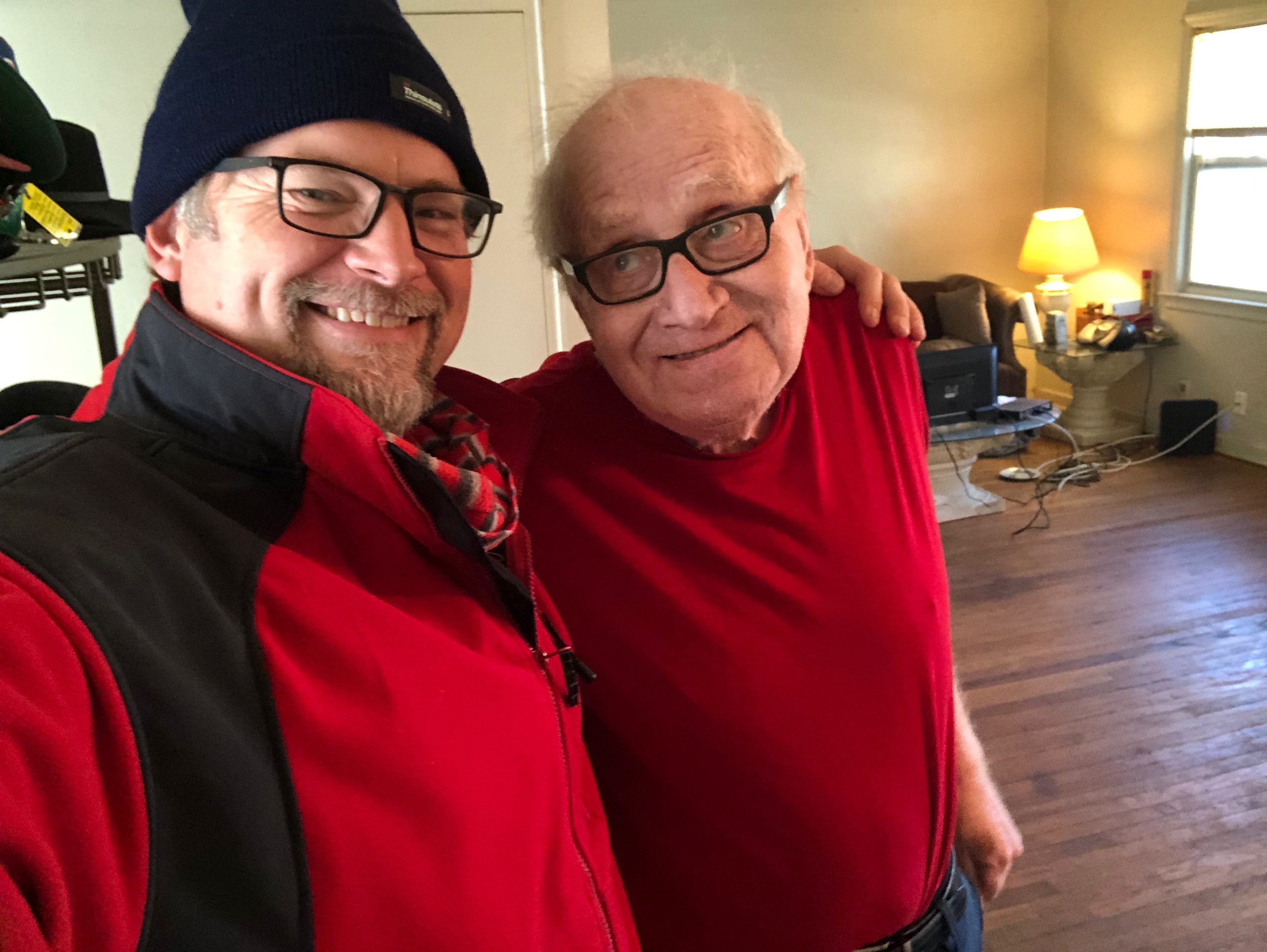
Alzheimers Awareness.
 For those of us in Home Care, the months before the winter holidays bring an influx of calls for those concerned family members who maybe haven’t seen Mom and Dad in several months, and have come home over the Thanksgiving Holiday to realize…there’s been changes.
For those of us in Home Care, the months before the winter holidays bring an influx of calls for those concerned family members who maybe haven’t seen Mom and Dad in several months, and have come home over the Thanksgiving Holiday to realize…there’s been changes.
 Assessing Alzheimer Awareness
Assessing Alzheimer Awareness
A very wise gentlemen client of ours had an insight we have clung to. Having cared for his own wife who was several years into her Dementia Diagnosis, he had been attending Dementia Support Groups. One comment he shared that has stuck:
“If you’ve seen one case of Dementia…
You’ve seen ONE case of Dementia.
All diagnosis of dementia are unique. All individual cases are heavily varied. Experts have varied over the years significantly in the life expectancy of someone with Dementia. Some are living 20 years with this diagnosis. It’s slower in some, more aggressive in others.
What are you experiencing in your loved one’s dementia? Are there enough concerns to make preparations? How can we know?
 Are we paying careful enough attention?
Are we paying careful enough attention?
Early Alzheimers may not have the most obvious of symptoms. We can all be forgetful. We all have ‘senior moments’. But when is it really time to be concerned? Ask yourself these important questions:
Have Mom’s Senior Moments become Regular Rituals?
Here is a checklist of questions to consider during your next visit with your aging loved one:
- Is Mom or Dad having accidents that can’t otherwise be
 explained?
explained? - Are they having trouble completing tasks?
- Is remembering IF they had breakfast, and WHAT it was a difficult task?
- Can they recall a conversation you had with them earlier in the day?
- Do they remember the big trending news stories from last week?
- Are there noticeable changes in hygiene patterns?
- Are they skipping or altogether missing social engagements or doctors appointments?
- Are familiar faces becoming difficult to place names with?

As our Awareness Grows our Concerns Can become ACTIONABLE

If you are worried, you are human. But if you are worried and not taking action, you are in fear. Fear is an honest reaction to an unknown fate. Fear is the realization that the worst option may become reality. Know the difference between Actionable and Passive reactions to these outcomes and trend toward ACTION!

Fear is the great immobilizer. It’s been said (wisely) that we miss every shot we do not take. When it comes to addressing the needs of our aging loved one who is showing early signs of memory loss, the quicker you can exchange your worry for action, the better.
Assessing your family dynamic and how it may change before the storm of a disease changes everything is a good place to start. Last week, our blog discussed creating an emergency plan for your loved one. (click here to read)
As we begin to prepare to see our aging loved ones and make provisions to begin the seemingly impossible task of advocating for their well-being, we should all take stock of how much help we are honestly capable of providing.
Chart this info. Put it on a calendar. Bear in mind some seemingly obvious elements:
Who’s cooking if I’m watching Mom? What if Mom is restless overnight? What if Mom becomes a fall risk? What kind of plan do I have for bathing? Do I feel comfortable bathing my own Mother or Father? Would they prefer someone else help in these tasks?
 As you ASSESS your AWARENESS build your calendar, you can see where there’s room for help. Ask: How many hours consecutively do I plan to care for my loved one? What’s my breaking point? How much RESPITE CARE could I utilize? How often am I getting out to see other loved ones or family or friends?
As you ASSESS your AWARENESS build your calendar, you can see where there’s room for help. Ask: How many hours consecutively do I plan to care for my loved one? What’s my breaking point? How much RESPITE CARE could I utilize? How often am I getting out to see other loved ones or family or friends?
Our AWARENESS starts with honesty. It breaks away from fear and it enables us to have a clearer picture of our pathways.
Call us about this. We are glad to help.
Stay tuned for our next blog:
“Use it or Lose it”
Brain disease is gradual, and as continual cognitive diseases take hold, the mind begins to surrender the elements it once relied upon. It becomes increasingly important to continually be exercising our minds and our bodies.
Your journey to allocate proper care for your loved one is an important step. It’s taking action to advocate. It’s solving problems before they arise. Having a conversation with a local expert is another way to take action.

Ben Smith is our Founder, President and C.C.I.C. (Chief Caregiver In Charge). Ben can help you put together a care plan that can address your current concerns and prepare for tomorrows uncertainties.
Click the link to hear Jack Hanna talk about his experience with Always There Home Care. Try our anytime 24-Hour Home Care Hotline to book a Free In-Home Assessment (614) HOME-CARE 466-3227.



